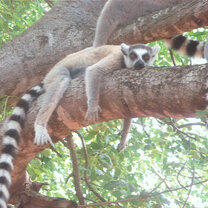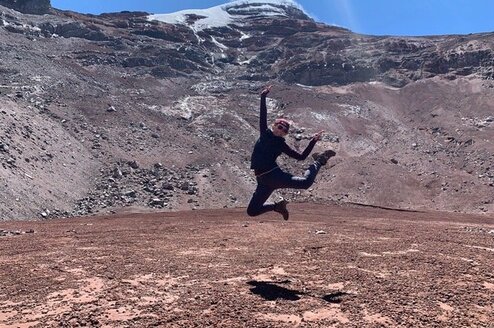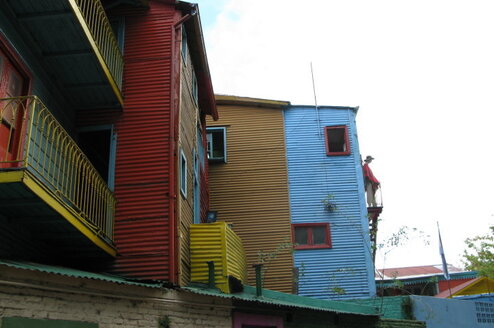SIT Study Abroad: Madagascar: Biodiversity and Natural Resource Management
- Madagascar
- Antananarivo
About Program
A biodiverse island evolving from a set of unique environmental circumstances, Madagascar is one of the world’s globally recognized “megadiverse” countries, with flora and fauna found nowhere else on earth. Explore environmental challenges, conservation, and development across an array of ecosystems including tropical rainforests, mangroves, and dry deciduous forests in multiple economic and cultural contexts. Discover a world apart, where the vast majority of wildlife is endemic only to the island and witness the human side of natural resource management. Study alongside Malagasy university students, employing social and natural science field techniques in coral reef systems, national parks, and farming and fishing villages. Stay with local families, and study Malagasy or French. Visit the Ankanin’ny Nofy Reserve, where you can see the iconic aye aye and the carnivorous plant Nepenthes.
Video and Photos
Diversity & Inclusion 💙
BIPOC Support
LGBTQIA+ Support
Neurodivergent Support
Accessibility Support
Program Highlights
- Explore the luxuriant vegetations, and fauna of the Maromizaha forest in eastern Madagascar.
- Observe the island’s rare and charismatic baobab, herpetofauna, and lemur species.
- Trek the rainforest of Andasibe, and the spiny forest in Tulear.
- Build your résumé and skills with an internship or Independent Study Project.











